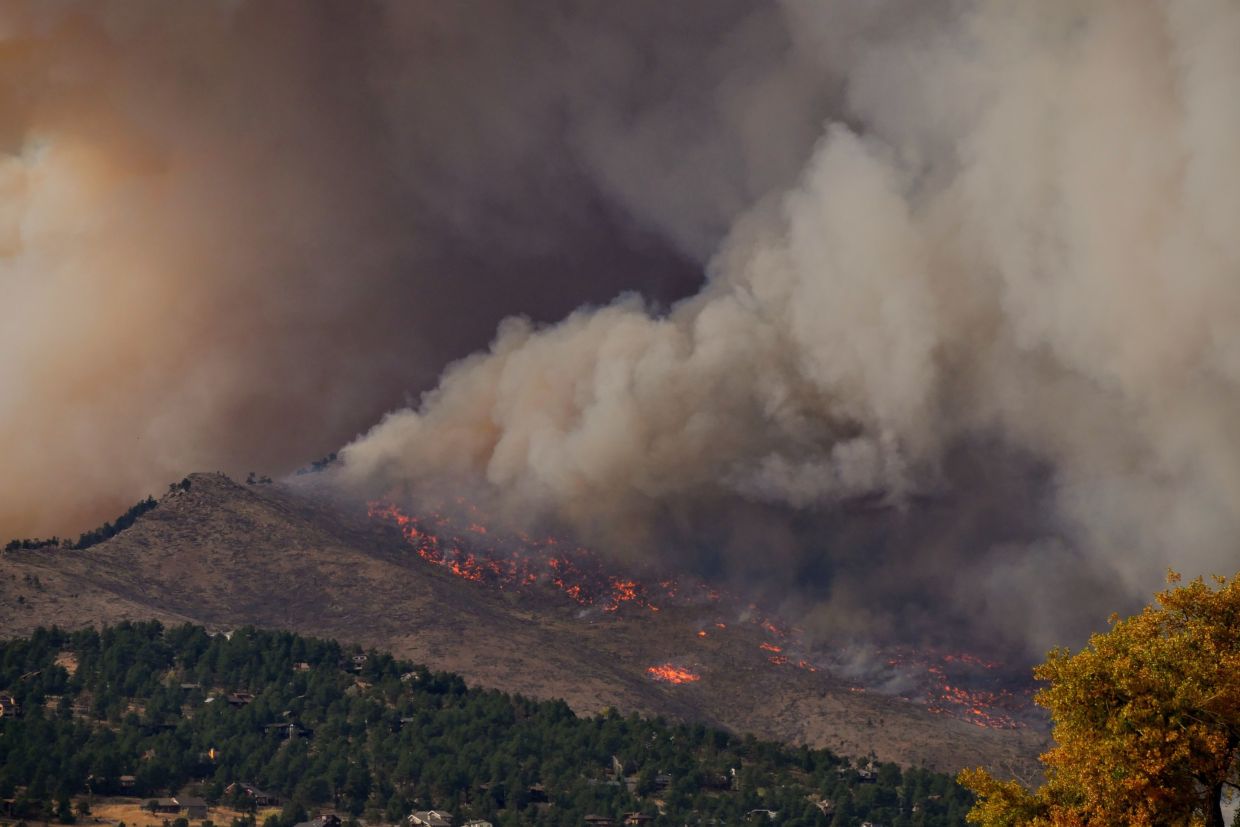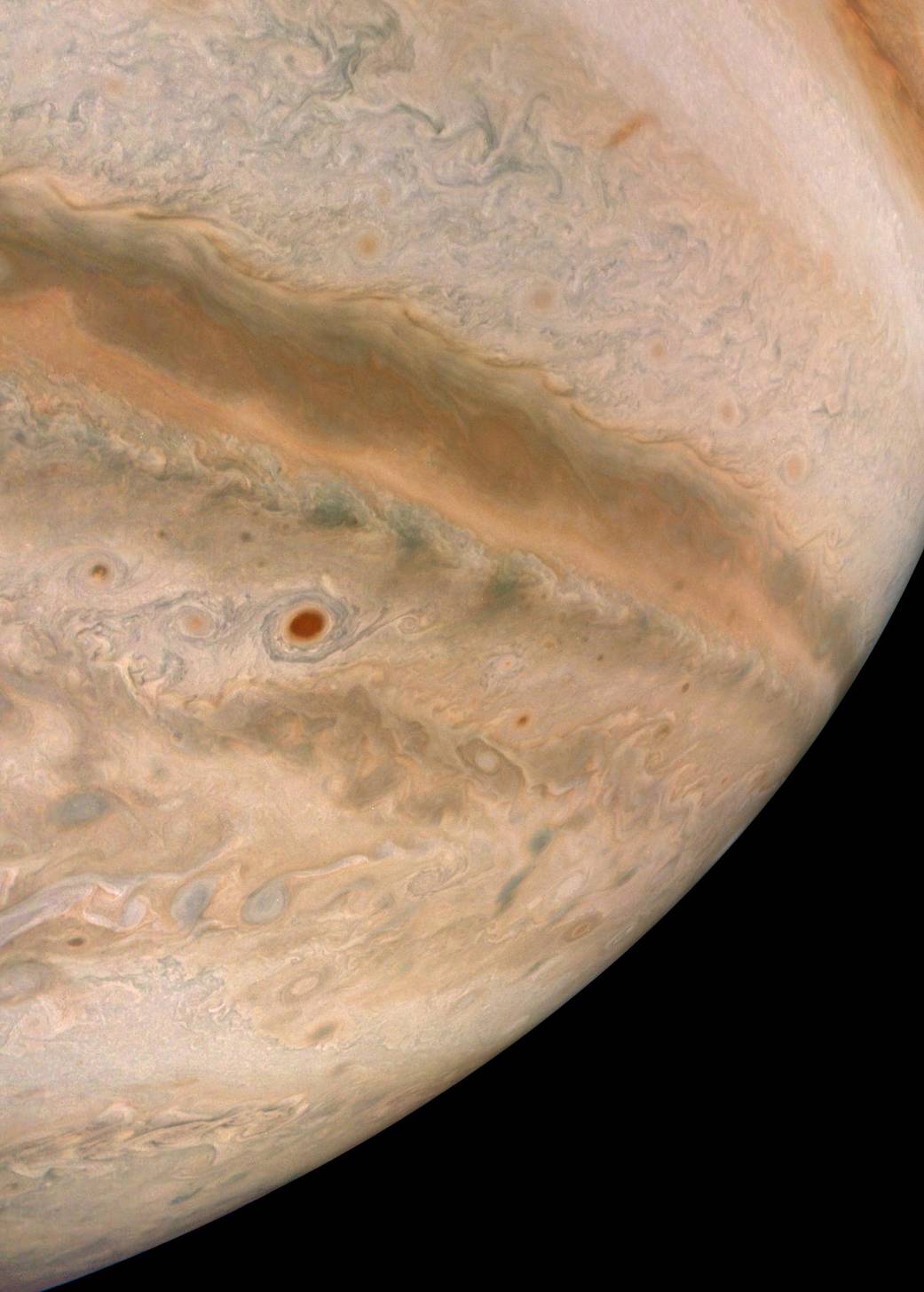Can artificial intelligence help improve wildfire recovery?
By JED PRESSGROVE | The Star

While innovation in tech might lead to better outcomes against fires, VanKeulen said the real innovation is in the culture shift he has seen in public safety in terms of its motivation to go after the latest solutions. — Photo by Malachi Brooks on Unsplash
Artificial intelligence stands to change wildfire recovery and containment forever during a time when fires in the West are doing things that seasoned firefighters of 40 years have never seen.
Introducing M.R. Megawatt and Friends – A Sustainable Blockchain Gaming Platform with Eco-Friendly Games & Utility NFT’s
By MTS Staff Writer | Martechseries

Sustainable NFT’s and Gaming Can Promote Positive Environmental Impact and Help Reduce Personal CO2 Footprints
Bryan Daugherty, creator of Proof of ESG | The ESG Stamp Initiative – a blockchain-based Environmental, Social, and (corporate) Governance (ESG) workgroup and sustainability solution market for blockchain infused ESG data collection, authentication, analysis, management, and reporting, announced the development of a sustainable blockchain gaming platform featuring eco-friendly games and utility NFT’s.
3 Min Read →
Meta CTO thinks bad metaverse moderation could pose an ‘existential threat’
By Adi Robertson | The Verge

Meta (formerly Facebook) CTO Andrew Bosworth warned employees that creating safe virtual reality experiences was a vital part of its business plan — but also potentially impossible at a large scale.
🌙 NASA - Best Photo from Last Week
Mocha Swirls in Jupiter’s Turbulent Atmosphere

During its 36th low pass over Jupiter, NASA’s Juno spacecraft captured this view of striking cloud bands and swirls in the giant planet’s mid-southern latitudes. The dark, circular vortex near the center of the image is a cyclone that spans roughly 250 miles (about 400 kilometers). The color at its center is likely to be the result of descending winds that cleared out upper-level clouds, revealing darker material below.
Citizen scientist Brian Swift used a raw JunoCam image digitally projected onto a sphere to create this view. It has been rotated so that north is up. The original image was taken on Sept. 2, 2021, at 4:09 p.m. PDT (7:09 p.m. EDT). At the time, the spacecraft was about 16,800 miles (about 27,000 kilometers) above Jupiter’s cloud tops, at a latitude of about 31 degrees south.
JunoCam’s raw images are available for the public to peruse and process into image products. More information about NASA citizen science can be found on our NASA Solve page and our NASA Science site.
Image data: NASA/JPL-Caltech/SwRI/MSSS
Last Updated: Nov 10, 2021
Editor: Michael Bock
📚 Top 3 Book Summaries for the week
Disclaimer: None of the content in this newsletter is meant to be financial advice. Please do your own due diligence before taking any action related to content within this article.
Disclaimer: Unbound is reader-supported. When you buy through links on our site, we may earn an affiliate commission.





